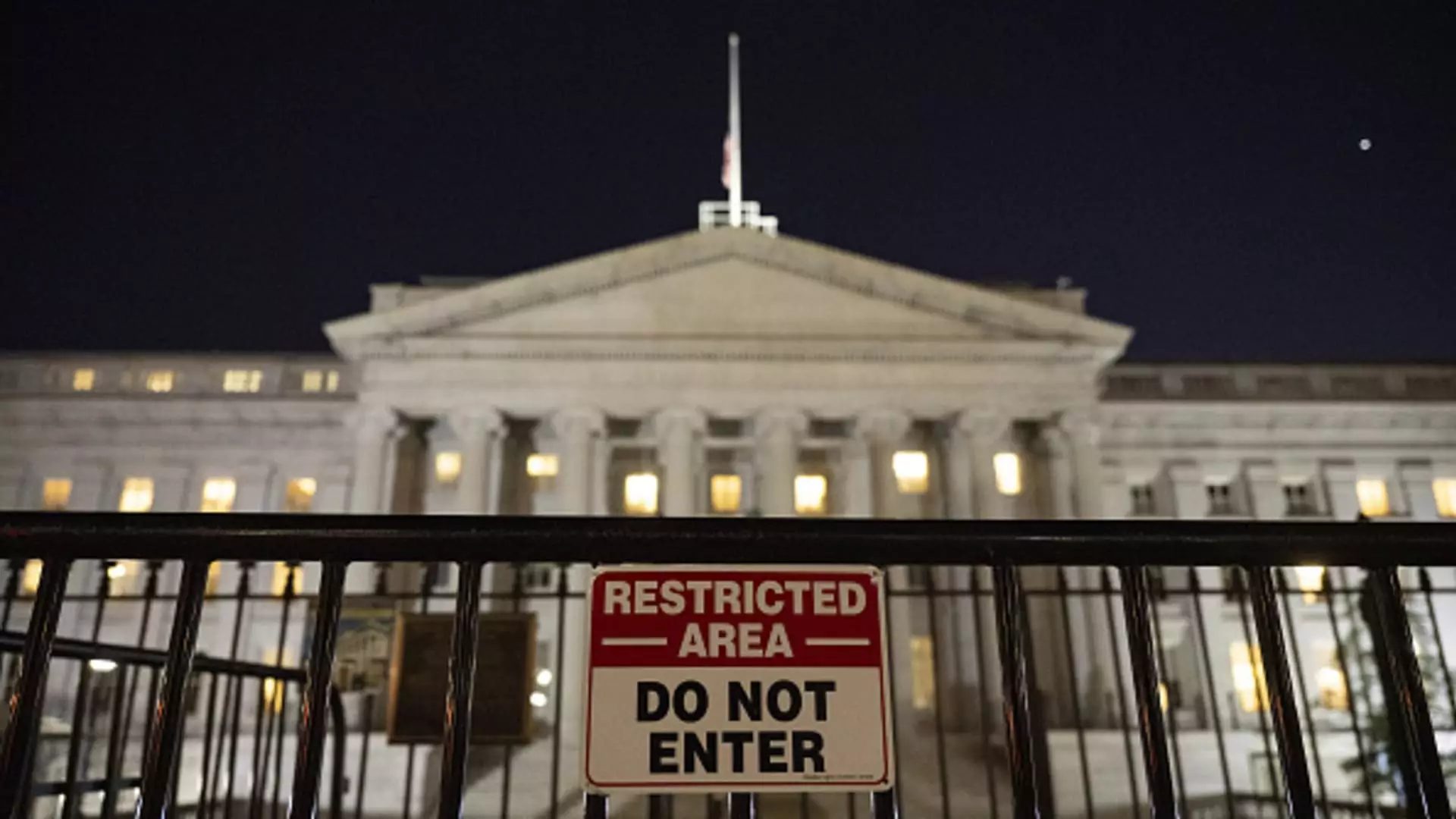In an era characterized by increasing interconnectivity, cyber warfare has emerged as a pivotal front in international relations. Recent reports indicate that Chinese hackers successfully infiltrated the U.S. Treasury, specifically targeting the crucial offices that oversee American economic sanctions. This intrusion sheds light on the ongoing tug-of-war between the United States and China, a rivalry that now unfolds in the digital realm.
According to reports by the Washington Post, the breach affected the Office of Foreign Assets Control (OFAC) and the Office of Financial Research, with implications reaching even to the office of Treasury Secretary Janet Yellen. Such establishments are integral for administering sanctions that influence global financial dynamics. The significance of this attack cannot be understated; it highlights vulnerabilities within federal cybersecurity frameworks, further complicating an already tense geopolitical landscape. While unclassified documents were reportedly stolen, experts warn that even seemingly benign data could yield insights into U.S. strategies and decision-making processes.
In response to these allegations, a spokesperson for the Chinese Embassy in Washington dismissed the claims, labeling them as irrational and unfounded. This denial reflects China’s broader strategy of countering accusations of cyber misconduct, a routine part of their diplomatic narrative. The spokesperson emphasized that China fights against all forms of cyberattacks, carefully sidestepping the specifics of the compromission as reported. The lack of details from the Chinese side raises pertinent questions about accountability and transparency in an age where cyber incidents are increasingly common.
The breach’s timing is particularly concerning, coming as the United States intensifies its scrutiny of Chinese firms through economic sanctions, especially amidst the backdrop of the Russia-Ukraine conflict. Janet Yellen’s recent comments highlight a willingness to consider further punitive measures against Chinese banks if necessary. This development, coupled with the cyber breach, may escalate tensions between the two nations and could lead to reciprocal actions that increase hostility and mistrust.
Economic sanctions have long been a cornerstone of U.S. foreign policy, particularly regarding China. By potentially unveiling sensitive information about firms under U.S. scrutiny, the hackers’ actions could offer China critical intelligence to navigate these sanctions more effectively. Analysts suggest that this breach may serve to bolster China’s defenses, allowing them to adapt to or counteract U.S. economic strategies.
As these developments unfold, the need for robust cybersecurity measures becomes increasingly evident. The U.S. government must enhance its defenses to protect sensitive information that informs its foreign policy and economic strategies. This breach not only underscores the ongoing cyber threat posed by state-sponsored hacking but also accentuates the complexities in U.S.-China relations. The evolution of this cyber confrontation will warrant close observation, as both nations grapple with the implications of their actions in a digital age fraught with challenges and uncertainties.


Leave a Reply